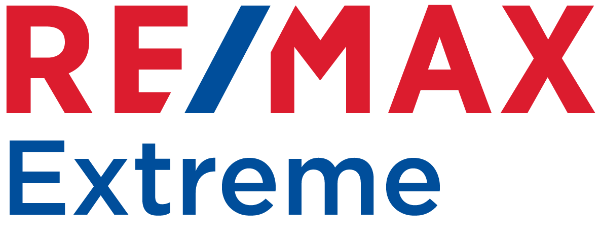Electricity Checks for Landlords 2023: What You Need to Know
Electricity safety checks are a crucial aspect of maintaining a rental property. Landlords have a responsibility to ensure that their properties are safe for tenants to live in, and this includes regular checks of electrical appliances with a registered electrical contractor. Failure to comply with these safety regulations can result in serious consequences, including fines and even legal action.
Understanding electrical safety checks is essential for landlords to ensure that their properties are compliant with regulations. Landlords must be aware of their obligations and responsibilities to provide safe living conditions for their tenants. Compliance checks and certificates are necessary to demonstrate that the property meets safety standards and regulations.
The safety checks process involves a thorough inspection of electrical appliances to make sure that they are in good working order and safe to use. Landlords must arrange for these checks to be carried out by qualified professionals, as part of the rental property expenses. Failure to comply with these regulations can result in serious consequences, including fines and legal action.
Whether you’re a first-time landlord or have been renting out your property for decades, do read on to find out more about compliance and safety checks.
Understanding Electrical Safety Checks
Landlords have certain responsibilities when it comes to ensuring the safety of their rental properties. One of these responsibilities is to conduct regular electrical safety checks to ensure that the appliances and installations are in good working order and are safe for use by tenants. If they don’t, this could be on the things that damages the landlord-tenant relationship.
Landlords must also be sure to address the new safety requirements and keep up to date if there are new safety requirements imposed.
- Electrical Safety Check
An electrical safety check is required for landlords. The check should be carried out by a licensed or registered electrician in accordance with the Australian and New Zealand Standard for Electrical Installations. The check should be done every two years, and the landlord should provide a compliance report to the tenant upon a change of tenancy or within seven days of their request demonstrating that the property is compliant with the new laws.
- Compliance
Landlords must ensure that their rental properties comply with the relevant safety standards and regulations. Failure to comply with these standards can result in fines and legal action. To avoid being a bad landlord, it is important for you to keep up to date with the latest regulations and to ensure that their rental properties are safe for use by tenants. These are amongst the many things you should know before renting out your home.
In summary, electrical safety checks are designed for landlords to ensure the safety of their rental properties. Compliance with the relevant safety standards and regulations is crucial, and failure to comply can result in legal action. Landlords should conduct regular safety checks and keep up to date with the latest regulations to ensure that their rental properties are safe for use by tenants.
- Smoke Alarm Safety Responsibilities
Landlords are required by law to ensure that their rental properties have working smoke alarms installed on every floor of the property. Landlords should ensure that smoke alarms are tested regularly and replaced if they are faulty.
Managing Rental Properties
Managing rental properties can be a challenging task for landlords, rental providers, and property managers. It is essential to ensure that the rental agreement is clear and concise, outlining the responsibilities of both the landlord and the tenant. One of the critical responsibilities of the landlord is to ensure that the gas and electricity checks are carried out regularly to guarantee the safety of the tenants.
In addition to electricity checks, landlords should also ensure that their rental properties are well-maintained and meet all the necessary safety standards. This includes ensuring that the property is free from hazards, such as damp and mould, and that all appliances and installations are in good working order.
SOURCE: www.soho.com.au



